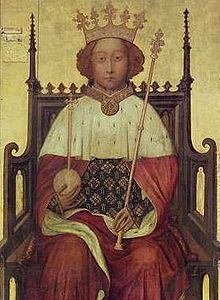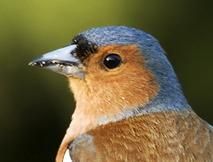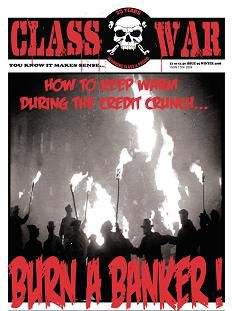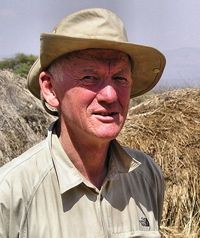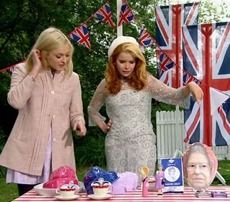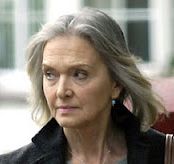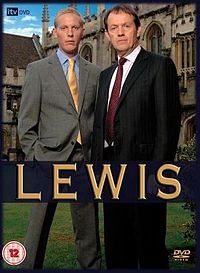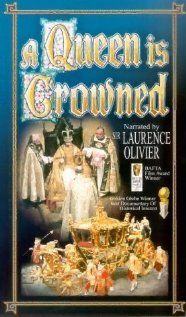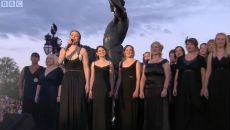On the vexed issue of authorship Jacobi’s interviewee, Jason Lindsay – descendant of candidate Edward de Vere, 17th Earl of Oxford – opined disappointingly that "a mere middle-class boy from the provinces" could not have produced such work. Personally, coming from a country whose Bard was a farm-labourer, I have no problem believing in Shakespeare’s literary abilities.
Richard II deals with monarchs’ divine right to rule, and there were the inevitable comparisons with tyrants such as Gaddafi, Saddam Hussein and Ceaucescu. Perhaps, given her own deposition, comparisons with Margaret Thatcher were also inevitable. What bothered me was that after the section about Thatcher’s downfall, expertly tied into the play by journalist John Simpson, Jacobi repeated that Richard II should make "tyrants" tremble. He also stated that her betrayal occurred because of the unpopularity of the “poll tax” – it wasn’t. Mrs Thatcher’s opponents wanted to take Britain into the heart of Europe, an ambition which would have resulted in existential threat in the present crisis.
As this threat hangs over parts of Europe it’s disappointing to see the BBC use Shakespeare to make ideological points about its bugbear, Margaret Thatcher. I support its right to free speech, but why do I have to fund it to say things I find distasteful?
Gerry Dorrian
300 words
Resources
Click to go to Richard II on the BBC website
Click to watch Derek Jacobi's Shakeapeare Uncovered documentary
